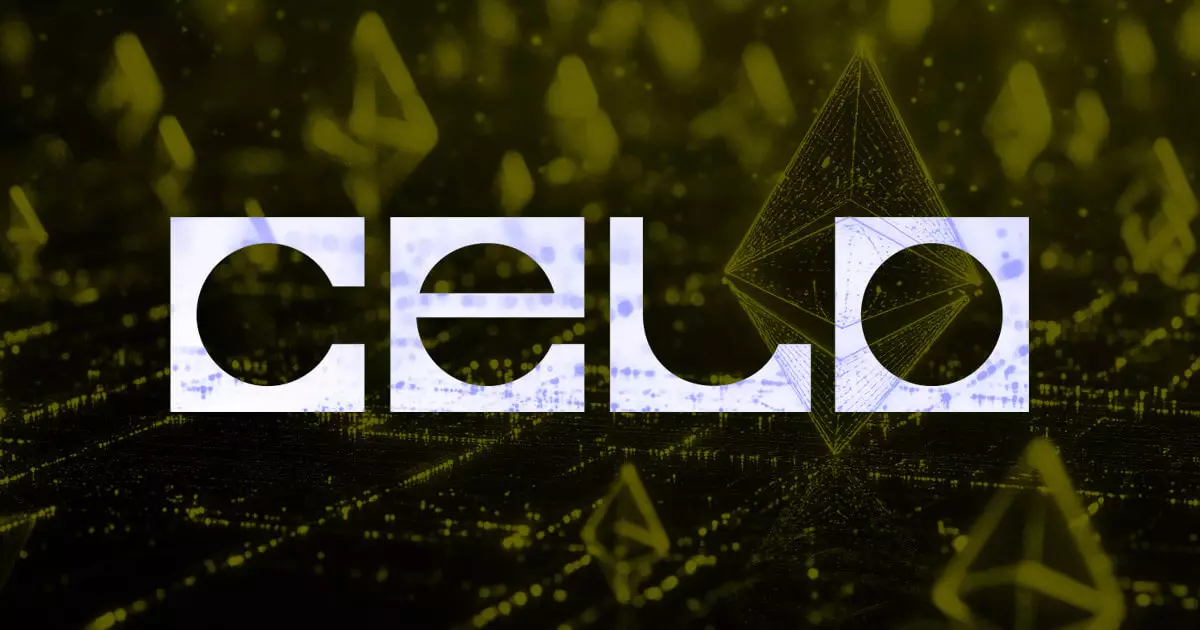Celo, a notable player in the Layer-1 blockchain space, is currently grappling with significant turbulence surrounding its planned shift to an Ethereum Layer-2 network within the Optimism Superchain ecosystem. This transition, originally seen as a strategic move toward scalability and enhanced usability, has become a contentious topic, leading to a 5% decline in the value of its native CELO token. Such market reactions reveal the intricate dynamics at play within the cryptocurrency sector, where sentiment and external endorsements can drive volatility.
The announcement by Coinbase, one of the largest cryptocurrency exchanges in the United States, to abstain from supporting Celo’s migration has heated discussions within the community. Celo’s developers, led by CEO Marek Olszewski, expressed dismay over Coinbase’s decision. Their worry extends beyond the immediate implications for Celo; it raises concerns about how exchanges might react to future transitions among Ethereum-compatible Layer-1 chains. The splintering opinions within the cryptocurrency community demonstrate a broader issue where trust and support from exchanges hold sway over a project’s potential success. The contrasting position from Tether, which confirmed its endorsement for Celo, further highlights the divide in community sentiments and the precariousness of reliance on key exchange endorsements.
Exchanges serve as crucial facilitators in the crypto ecosystem, impacting how projects are perceived and adopted. Kraken’s commitment to supporting Celo’s migration stands in contrast to Coinbase’s withdrawal and underlines differing philosophies regarding network integration and upgrades. Andrew Koller, representing Kraken, emphasized a proactive stance regarding Ethereum scaling solutions, showcasing how some exchanges can be catalysts for platform growth while others foster stagnation. The varying approaches taken by these exchanges reflect broader issues of regulatory and operational complications that may shape their decisions to support new chains.
In the face of challenges, Olszewski has proposed an interesting strategy: renaming the existing Layer-1 chain to “Celo Gold (CGLD)” to align better with Coinbase’s framework. Such rebranding could serve not only as a tactical move to appease existing stakeholders but might also enhance Celo’s chances of acceptance from hesitant exchanges. This idea hints at the adaptive nature required of blockchain projects in a rapidly changing environment, where perceptions and support can shift dramatically.
Sreeram Kannan’s comments about Coinbase potentially overlooking the benefits of Celo’s integration illustrate the often unpredictable nature of corporate decision-making in the crypto landscape. Misalignment in priorities and objectives can hinder the progress of promising technologies. Meanwhile, the complexities noted by Nass Eddequiouaq regarding regulatory hurdles faced by exchanges further complicate the situation, emphasizing the need for clear dialogue between blockchain projects and the platforms that facilitate their trading and adoption.
As Celo edges closer to its Layer-2 transition, the surrounding complexities and diverse opinions illustrate the multifaceted challenges inherent in the cryptocurrency ecosystem. With voices advocating for collaboration and others highlighting potential pitfalls, Celo’s journey serves as a reflection of broader themes in the blockchain space, where innovation must coexist with skepticism, and adaptation is crucial for long-term viability. The upcoming months will be critical for Celo as it strives to build consensus and navigate the intricate web of stakeholder interests.

